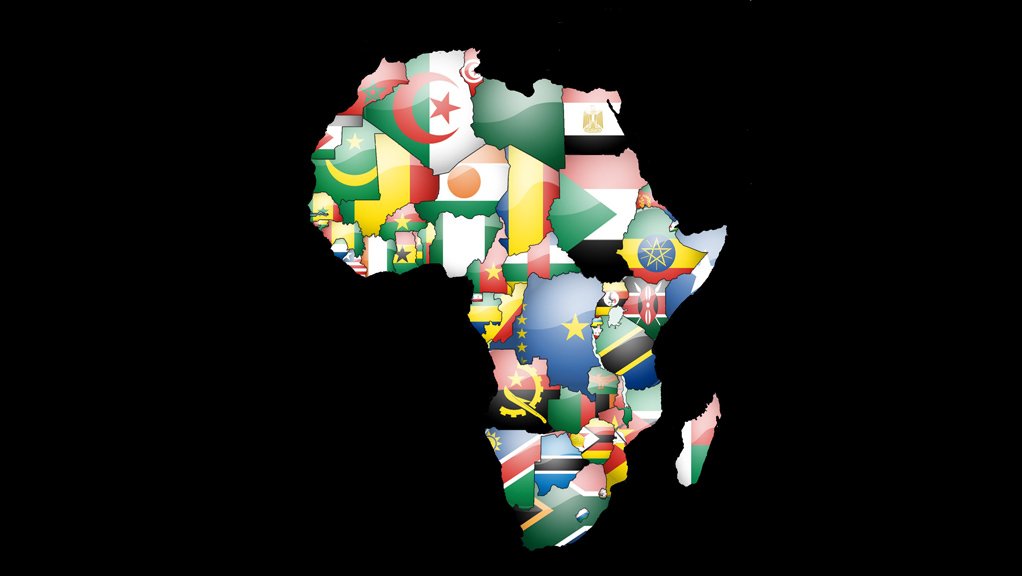As the world experiences significant economic shifts, Africa is emerging as a promising market for businesses worldwide. Against this backdrop, World Trade Centers Association (WTCA) – an international trade organization connecting more than 300 World Trade Center (WTC) businesses in nearly 100 countries – plays a crucial role in promoting trade and driving economic development in Africa, enhancing opportunities for businesses to navigate the complexities of African trade and investment.
Navigating Economic and Political Transitions
Navigating the trade landscape in Africa requires understanding the unique challenges and opportunities present in the region. Infrastructure gaps, bureaucratic hurdles, and political instability can hinder trade and investment. However, African governments are gradually addressing these challenges through proactive measures such as infrastructure development initiatives and policy reforms, creating a more favourable environment for trade.
One of the ways WTCA and its members of WTC businesses help businesses navigate economic and political transitions is by actively monitoring economic policies and market trends, providing valuable information and recommendations to decision-makers, enabling businesses to make informed choices and optimize their operations in Africa.
In collaboration with organisations like the World Trade Organization (WTO) and Afreximbank, WTCA and its members leverage deep insights into economic developments across Africa. These partnerships enable the local WTC businesses to gather valuable insights on business environments and trends for their communities, empowering companies to make informed decisions amidst political transitions and market fluctuations.
Businesses wishing to expand their operations, access new markets or attract investment, can tap into their local WTC business’ expertise and 'international ecosystem' of global connections in business, government, academia, and integrated trade services in the various sectors, such as Agriculture; Agro-Tech, Food Processing; Manufacturing; Mining, Power and Energy; Pharmaceutical; and Water; among others, to strengthen their growth potential.
Unlocking Trade Potential through Agreements
Africa's increasing regional integration efforts, such as the African Continental Free Trade Agreement (AfCFTA), are opening new avenues for trade within the continent. Currently, intra-African trade remains low, at around 15%. However, with AfCFTA's objectives to create a barrier-free trading zone among African Union (AU) member states, significant growth is anticipated.
With a potential market of over 1.2 billion people and a GDP of USD $2.5 trillion, intra-continental trade flows are expected to increase to 52%, driving economic prosperity. Economists predict that Africa will attract over USD $100 billion in Foreign Direct Investment (FDI) in the future, positioning it as a prime destination for investors seeking new markets. Additionally, Africa's vast mineral reserves, including 30% of global mineral reserves, signify its importance in the global economic landscape.
Despite the promise of the AfCFTA, challenges such as tariff dismantling and rules of origin persist. To overcome these obstacles, the local WTC businesses advocate for the development of robust entrepreneurial and small business ecosystems. The benefits to African countries and to business success under the free trade area arise from the private sector understanding, recognising, and acting on the initiative’s value.
For example, Algeria has developed projects which will inevitably benefit the AfCFTA. Specifically, they will guarantee the essential logistical support through the Trans-Saharan Road that links Algiers to Lagos (Nigeria), the gas pipeline between Algeria and Nigeria, the Algiers-Abuja fiber optic link and the port of Cherchell, in central western Algeria, as a maritime freight hub.
By advancing innovation and entrepreneurship, African economies can achieve sustainable growth and stability beyond political contexts.
Empowering African Economies for Sustainable Development
Empowering African economies for sustainable development is a crucial goal that holds immense potential for the continent's future. Initiatives like educational reform and research collaboration lay the groundwork for future business leaders to drive economic progress.
Investing in human capital is essential, and quality education and vocational training are necessary to equip the African workforce with the skills needed for a rapidly evolving global economy. By nurturing innovation, creativity, and entrepreneurship, African economies can foster homegrown solutions and industries that contribute to sustainable development.
Infrastructure development is another critical factor. Building robust transportation networks, reliable energy systems, and digital connectivity enhances intra-African trade, attracts investments, and drives economic diversification. Sustainable infrastructure projects, such as renewable energy initiatives, can simultaneously address developmental needs while mitigating climate change impacts.
The role of government in fostering a business-friendly environment is crucial. This requires transparent governance, strengthening the rule of law, and reducing red tape to attract domestic and foreign investments. Ensuring fair competition, protecting intellectual property rights, and reducing corruption are vital for building trust and confidence in African economies.
Furthermore, empowering women and marginalised communities, including rural populations and vulnerable groups, are fundamental principles that can unlock the full potential of African economies. By giving them a voice and recognising their rights, governments can foster inclusive policies and initiatives that address their specific challenges, enhance their adaptive capacities, and promote sustainable development from the ground up. By providing equal access to education, finance, and employment opportunities, African countries can harness the talents and contributions of all their citizens.
Lastly, sustainable development requires a commitment to environmental conservation and climate action. African countries can embrace renewable energy sources, sustainable agriculture practices, and responsible natural resource management to minimize ecological footprints and preserve biodiversity for future generations.
Through its active engagement, collaborations, and advocacy efforts, the local WTC businesses and their business communities contribute to the promotion of trade, economic growth, and sustainable development in Africa, supporting businesses in leveraging the continent's potential and navigating the evolving African trade landscape.
Written by Ahmed Tibaoui, WTC Algiers General Manager & CEO; WTCA Board Member and Middle East and Africa Regional Advisory Council Chair
EMAIL THIS ARTICLE SAVE THIS ARTICLE ARTICLE ENQUIRY
To subscribe email subscriptions@creamermedia.co.za or click here
To advertise email advertising@creamermedia.co.za or click here











